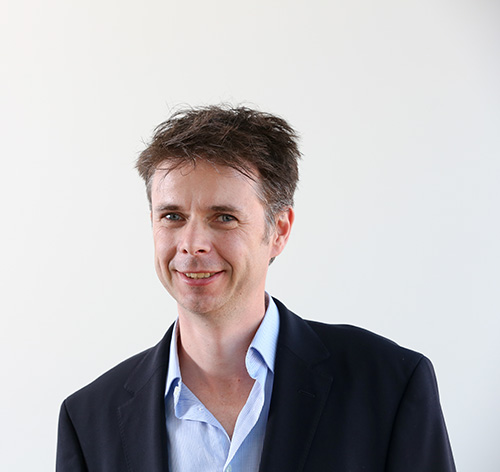Imaging system addresses global pathology need

Professor Anton van den Hengel
The Australian Centre for Visual Technologies is preparing for one of its core projects, the Automated Plate Assessment System (APASŪ), to head into its first clinical trial. The Australian Centre for Visual Technologies is preparing for one of its core projects, the Automated Plate Assessment System (APASŪ), to head into its first clinical trial. APASŪ, developed for ASx listed company lBT Innovations, is a fully-automated, microbiology imaging system. The system speeds up the collation, reading and sorting of agar plates by replacing the need for lab technicians to manually inspect each plate for bacterial colony formation. Published studies have shown that the technology can match the plate screening capabilities of experienced microbiologists. "With hundreds of plates being assessed every day, manual plate reading is very repetitive and it's hard to keep the accuracy up," said Professor Anton van den Hengel, Director of the Australian Centre for Visual Technologies at the University of Adelaide. "Also, the cost of plate processing limits the number of tests that can be done. "By automating part of the process, more plates can be read, processing becomes less expensive and accuracy is improved." Another significant advantage of APASŪ is that it allows microbiologists to focus their attention on clinically significant cases, dramatically reducing the turnaround time for critical lab results. Professor van den Hengel and his team have now completed intellectual property development for the system and are currently assisting engineers to prepare software. Once the software is ready, lBT will conduct two clinical trials in Australia and a trial in the US, in order to make a submission for approval of APASŪ by the US Food and Drug Administration (FDA). With FDA approval, the technology has the capacity to dramatically improve the plate assessment capabilities of hospitals throughout the world. "There has been a lot of enthusiasm for the technology already," said Professor van den Hengel. "We're confident that, once commercialised, APASŪ will make a significant impact on the global pathology market."
|





